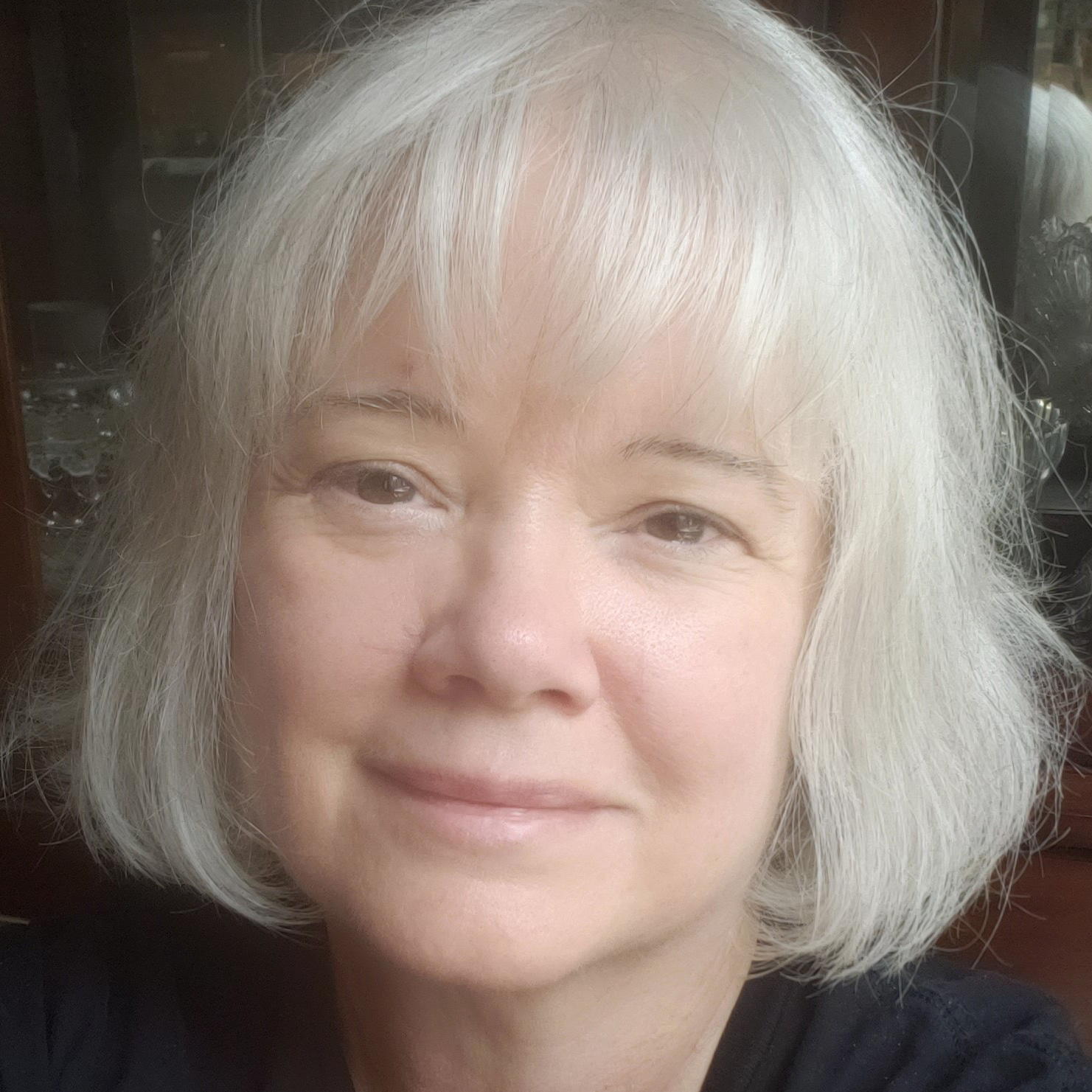"Finding Home" is now available on Amazon.
Building New Skills: Learning and Growing at Any Age
Learning and growing don’t stop as we age. In fact, picking up new creative skills can be incredibly rewarding and beneficial for our overall well-being. For those of us in our golden years, engaging in lifelong learning can stimulate our minds, enhance our emotional health, and provide a sense of purpose. Here’s how you can embrace learning new skills and continue growing at any age.
The Benefits of Learning New Creative Skills
Engaging in lifelong learning offers numerous advantages for our cognitive, emotional, and social well-being:
Cognitive Benefits
- Mental Stimulation: Learning new skills keeps the brain active and engaged, promoting cognitive health and preventing cognitive decline.
- Memory Improvement: Acquiring new skills often involves memorization and practice, which can help improve memory function.
- Problem-Solving: Creative activities enhance problem-solving skills and critical thinking, which are essential for maintaining mental sharpness.
Emotional and Psychological Benefits
- Sense of Accomplishment: Mastering a new skill brings a sense of achievement and boosts self-esteem.
- Stress Relief: Engaging in creative pursuits can be a relaxing and enjoyable way to reduce stress and promote emotional balance.
- Joy and Fulfillment: The process of learning and creating can bring joy and fulfillment, contributing to overall happiness.
Social Benefits
- Building Connections: Learning new skills often involves joining classes or groups, providing opportunities to meet new people and build social connections.
- Community Engagement: Participating in group activities fosters a sense of community and belonging, reducing feelings of isolation.
Tips for Approaching Learning as an Older Adult
Here are some practical steps to help you embrace lifelong learning and pick up new creative skills:
Choose the Right Skill
- Follow Your Interests: Choose a skill that aligns with your interests and passions. This will make the learning process more enjoyable and motivating.
- Start with Something Manageable: Begin with a skill that is manageable and not too overwhelming. This can build confidence and provide a foundation for more complex skills.
Set Realistic Goals
- Small Steps: Set small, achievable goals to guide your progress. Breaking down the learning process into manageable steps can prevent feelings of overwhelm.
- Celebrate Milestones: Celebrate your achievements along the way, no matter how small. Recognizing your progress can boost motivation and keep you engaged.
Create a Supportive Learning Environment
- Designate a Space: Set up a comfortable and dedicated space for your learning activities, free from distractions.
- Gather Materials: Ensure you have all the necessary materials and tools to pursue your new skill comfortably.
Embrace a Positive Mindset
- Be Patient: Learning new skills takes time and effort. Be patient with yourself and enjoy the journey of discovery.
- Stay Open to Mistakes: Mistakes are a natural part of the learning process. Embrace them as opportunities to learn and grow.
Practical Examples of Skills to Learn
Here are some creative skills that are particularly rewarding and beneficial for older adults:
Painting and Drawing
- Watercolor Painting: Watercolor painting is a versatile and accessible medium that allows for creative expression and experimentation.
- Sketching: Sketching can be a relaxing and enjoyable way to capture the world around you and develop your artistic skills.
Music
- Playing an Instrument: Learning to play an instrument, such as the piano or guitar, can be incredibly fulfilling and provide a creative outlet.
- Singing: Joining a choir or taking singing lessons can enhance your musical abilities and provide social engagement.
Crafting
- Knitting and Crocheting: These crafts are enjoyable and provide a sense of accomplishment as you create beautiful and functional items.
- Pottery: Working with clay can be a therapeutic and rewarding way to express creativity and create unique pieces of art.
Writing
- Journaling: Keeping a journal can help you reflect on your thoughts and experiences, promoting emotional well-being.
- Creative Writing: Writing short stories, poetry, or even a memoir can be a fulfilling way to share your experiences and imagination.
Joining Classes and Groups
Connecting with others who share your interests can enhance your learning experience:
Local Classes
- Community Centers: Many community centers offer classes in various creative skills. Joining these classes can provide structure and social interaction.
- Art Studios and Music Schools: Look for local art studios or music schools that offer lessons and workshops tailored to older adults.
Online Resources
- Virtual Classes: Explore online platforms that offer virtual classes in a wide range of creative skills. These classes can be taken at your own pace and from the comfort of your home.
- Online Communities: Join online forums and social media groups where you can share your progress, ask for advice, and connect with like-minded individuals.
Stories of Lifelong Learners
Hearing about others’ experiences can inspire and motivate you to embrace lifelong learning:
Helen’s Artistic Journey
Helen, a retired nurse, decided to take up watercolor painting in her 70s. She joined a local art class and discovered a passion for painting that brought her immense joy and satisfaction. Helen now paints regularly and even participates in local art exhibitions, sharing her work with the community.
George’s Musical Revival
George, a former accountant, rekindled his love for playing the piano after retiring. He started taking lessons again and joined a local music group. Playing music not only improved his cognitive skills but also provided him with a new social circle and a sense of purpose.
Emily’s Crafting Passion
Emily, a grandmother of five, took up knitting and crocheting to create handmade gifts for her family. She found the process therapeutic and fulfilling, and her creations became cherished items for her loved ones. Emily also joined a knitting group, where she made new friends and shared her passion for crafting.
Conclusion
Learning new creative skills can bring immense joy, fulfillment, and numerous health benefits as we age. Engaging in lifelong learning stimulates the mind, enhances emotional well-being, and fosters social connections.
Start today by choosing a skill that interests you, setting realistic goals, and creating a supportive environment for your learning journey. Join classes or groups to connect with others, and embrace a positive mindset that welcomes mistakes as opportunities for growth. Remember, it’s never too late to learn and grow, and the benefits of lifelong learning will enrich your life in countless ways.
Allow this Muse to inspire your creative journey.
Source: OpenAI. (2024). ChatGPT (4o) [Large language model]. https://chatgpt.com

